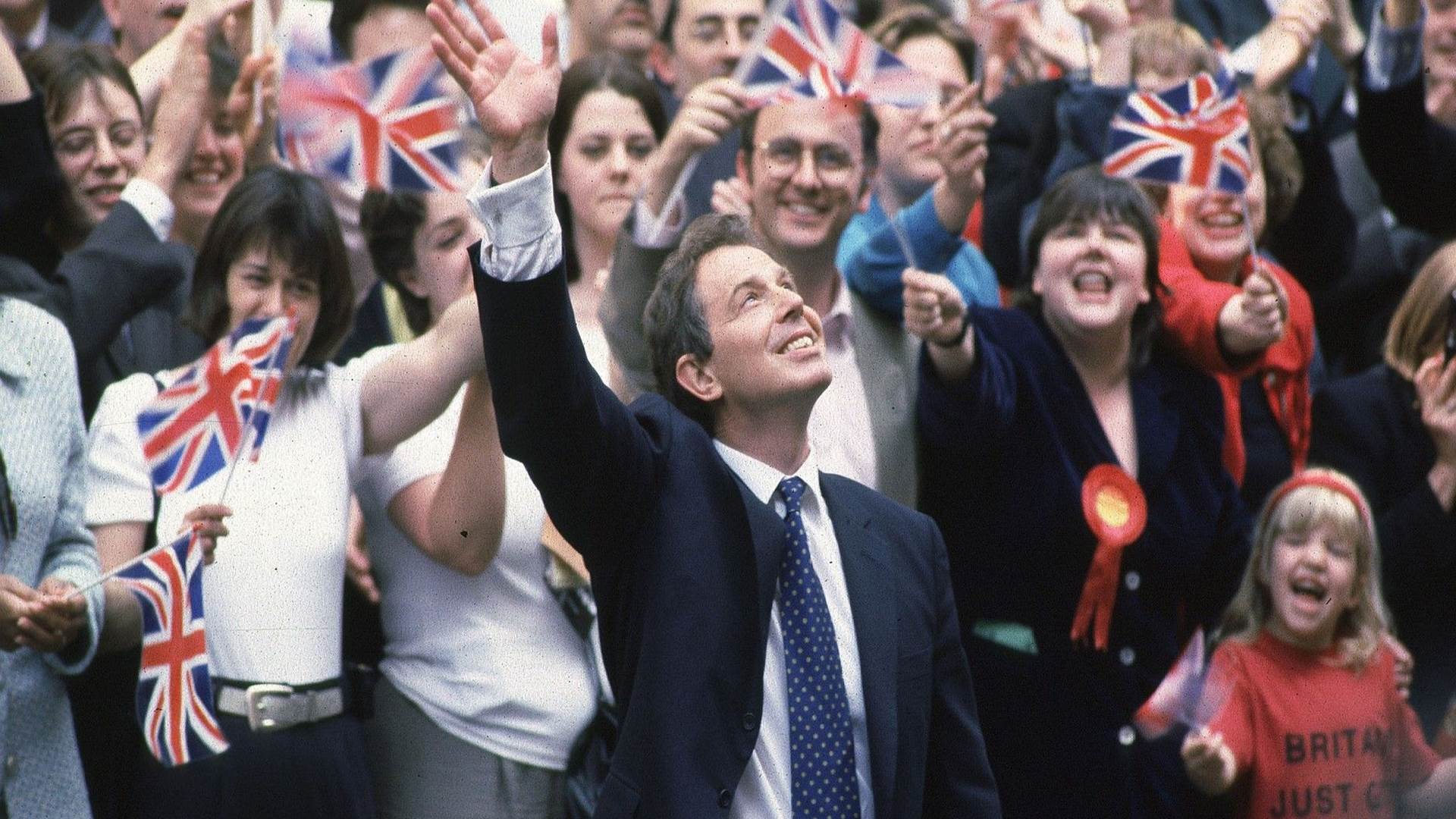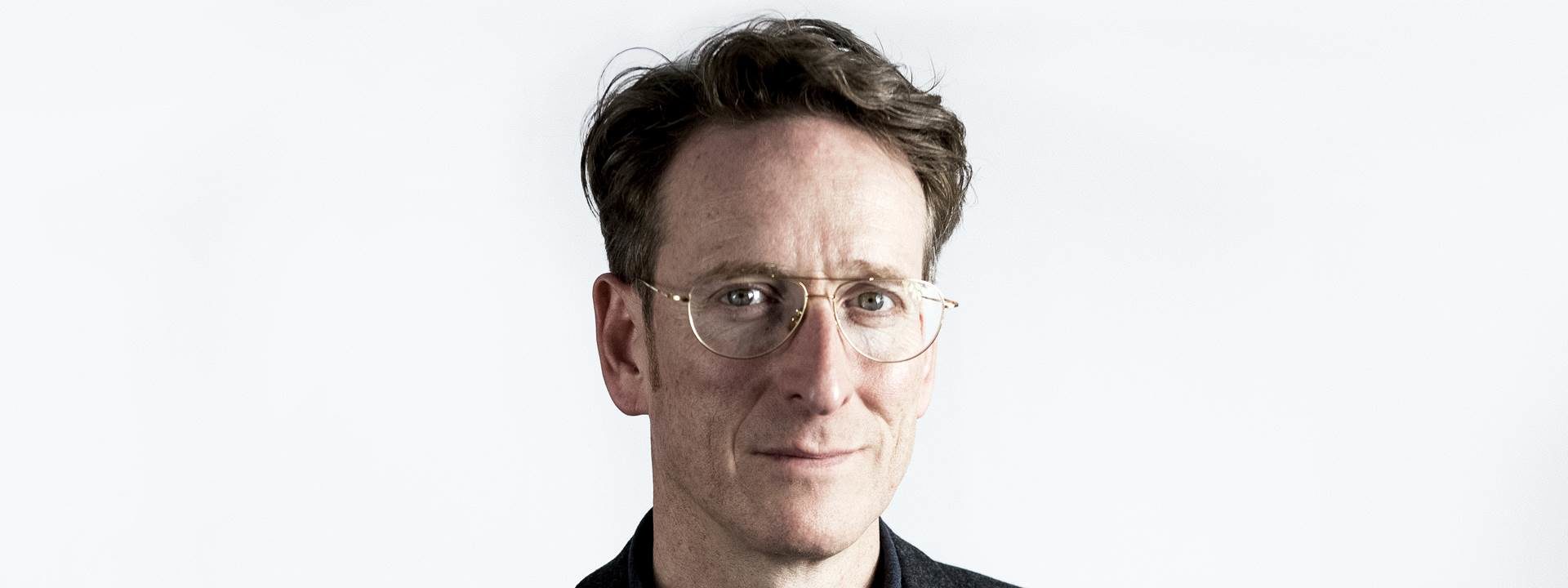The politics of optimism
news
Agency News
Published by
Charles Vallance
Date
04/11/2019
My political awakening was during the miners' strike.
Coming from Leeds, with a regular holiday job in Castleford and going to university in Nottingham, it was all around me during '84 and '85. It left an indelible impression on my whole generation's political outlook.
Even now, I follow with interest the commentary of those who were there. In particular, I recall an interview with Neil Kinnock where he described his battles with Arthur Scargill and the militant left that saw Labour defeated by a landslide in '87. Following this third successive defeat, Kinnock recognised the need for Labour to reclaim the middle ground in order to become electable. He very nearly succeeded, but not quite, with John Major winning unexpectedly in '91.

So, after four successive Tory governments, what caused the turnaround? What kept the Conservatives out of office for the next two decades? I think the answer can be summed up in one word; optimism.
This, to me, was what Tony Blair brought to left-wing politics in the early 90s. Instead of infighting and tribalism, his concept of New Labour brought hope and a feeling of unity, a sense of almost irresistible progress. Things could only get better. It was intoxicating. And it won by a landslide.
What, you may be wondering, does modern political history have to do with brands? The answer is that brands and politics are remarkably closely aligned. They observe very similar rules of success and failure. In a way, brands are like political parties in overdrive because, rather than fight an election every few years, they fight an election every few weeks.
And the thing that unites them most is their ability to make people feel good about the choices they're making.

Yet the feelgood factor is something that is being widely overlooked in modern politics. Back in June 2016, I speculated about a Trump victory because "he understands the visceral nature of election appeals and the power of making the disenfranchised feel good about themselves". Regardless of your views on Trump, it is clear that his optimistic message of "Make America great again" was an important factor in his success.
Back in the UK, I think the referendum was lost due to the instinctive negativity of the Remain campaign. Rather than a celebration of European Union membership, it was a series of injunctions about the threats of leaving. "Taking back control" proved, with hindsight, a more winning message than project fear. Similarly, in the Scottish independence referendum, "Better together" proved the most persuasive rallying cry.
As elections loom both in the US and the UK, it will be interesting to see which parties have the most optimistic campaigns. On current form, it looks more likely to be the Republicans and the Conservatives, in which case they begin with a head start. This is an odd reversal because, as already alluded to, until recently it was the modern left that best exploited the power of optimism with "Yes we can" and "New Labour. New Britain". Moreover, this was by no means a recent development. JFK was the master of feelgood and Martin Luther King understood the power of a utopian dream.
In the cut and thrust worlds of both politics and marketing, it is perhaps worth reminding ourselves that it is the dreamers and the optimists who tend to win. It is easy to become mechanistic, pragmatic and reductive, to focus on the short term and the hand-to-hand combat of monthly sales performance or the latest political wrangle (Jack Dorsey’s recent decision to ban political advertising on Twitter is no doubt in part a reflection of how enervating negative politics can be).
The danger is that day-to-day skirmishes can distract us from the real prize, which isn't to sell, but to be bought. This is how you win elections, whether you fight them every week or every few years.


